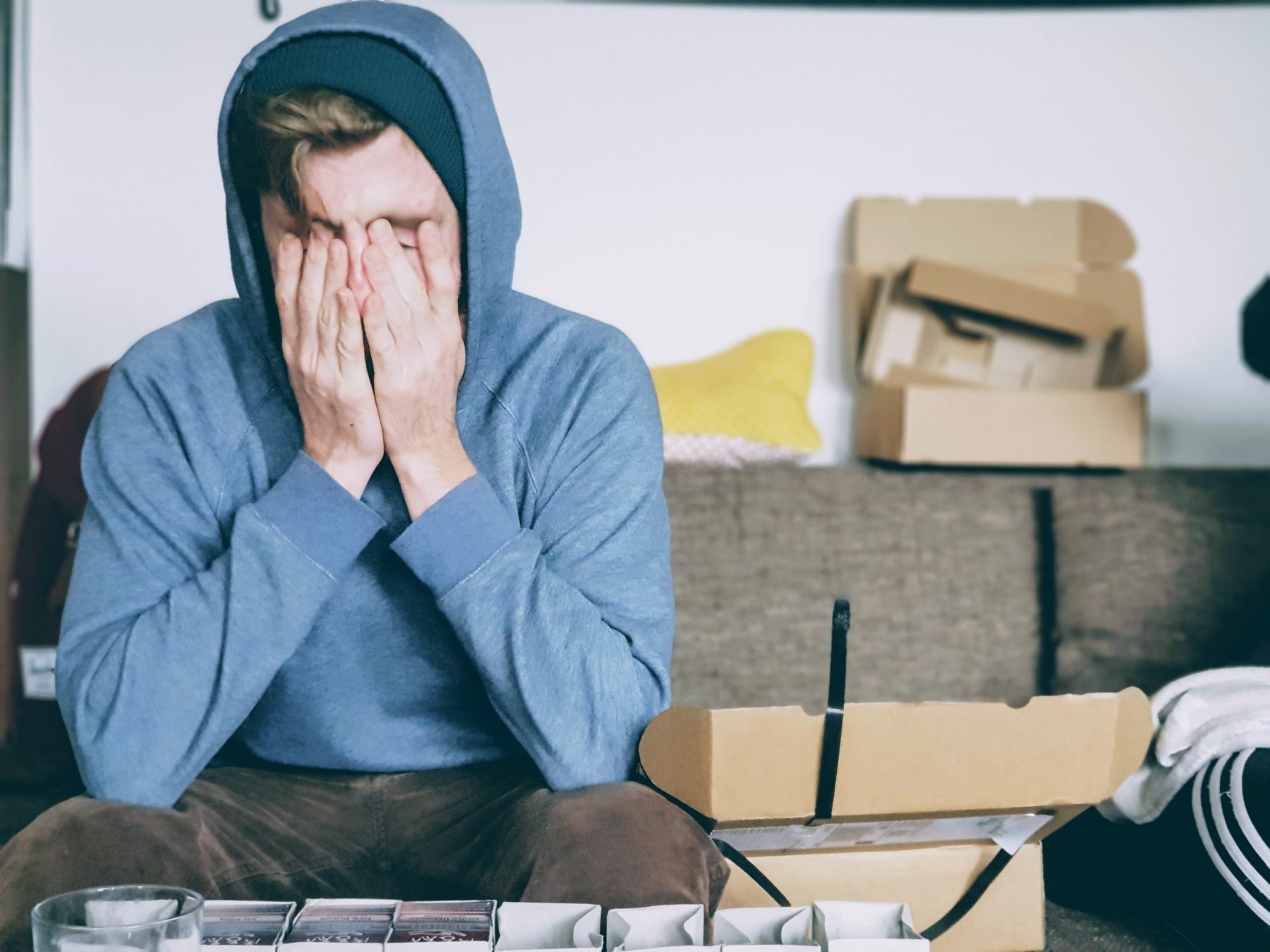Now that government-mandated quarantines have swept the nation due to the COVID-19 outbreak, people have been forced to make some drastic lifestyle changes over the past several months. The year 2020 has involved a lot of, well, not much of anything: no hang-outs, no parties, no restaurants, no traveling, no celebrating the new decade like everyone wishes they could be doing. Of course, this isolation and lack of human contact is a necessary measure to prevent further spread of the virus, but it’s caused the nation’s mental health to take a hit, bringing about “low mood, irritability, insomnia, anger and emotional exhaustion.”
Suffering through the quarantine blues can be difficult, but as it turns out, this deprivation has a silver lining. Taking a break from certain activities right now could actually provide long-term benefits by helping us outrun the hedonic treadmill.
In 1971, psychologists Philip Brickman and Donald T. Campbell came up with hedonic adaptation, which explains the concept of baseline happiness. The theory posits that no matter how many positive things are introduced into your life, you will eventually get used to them, and the joy that you gained from them will wear off. In other words, you can’t escape your happiness “set point.” This phenomenon eventually became known as the “hedonic treadmill” because of the idea that you can’t outrun your baseline level of happiness.
During the pandemic, however, people are unable to do many of the things that used to make them happy. Taking a break from simple luxuries can help you reset and appreciate certain activities more when they eventually return to your life.
To better understand this concept, let’s take a look at the following study discussed by psychologist Elizabeth Dunn on the podcast “Hidden Brain.” In the experiment, participants were all given a small sample of chocolate and asked how much they enjoyed it. They were then given a large bag of chocolate to take home for the following week. Subjects were broken into three groups: Group 1 was instructed to eat as much as they comfortably could over the next week, Group 2 was told not to eat any chocolate and Group 3 was not given any specific chocolate-related instructions.
After the week was up, the participants were brought back and given a second sample of the same chocolate, then asked how much they liked it again. While people in Groups 1 and 3 liked the chocolate significantly less the second time, those in Group 2 (the group that had abstained) enjoyed the chocolate just as much, if not more, than they had the week before. Dunn points out that “taking a break from the things we enjoy can actually renew our capacity to appreciate them.”
Don’t get me wrong: During quarantine, deprivation can be hard to deal with. There isn’t some intrinsic pleasure in abstaining from everything you enjoy. Instead, think of this deprivation as an investment for your future happiness. It’s important to remember that you can’t feel joy without feeling sadness, so unhappy periods are necessary in the grand scheme of things.
Another interesting aspect of the hedonic treadmill is how it affects material gains and experiential gains differently. Imagine you’re given a material gift for the holidays, say, a new coffee maker. You’ll get an immediate happiness boost when you initially receive the present, and for the first few weeks, you’ll probably get a lot of enjoyment from being able to conveniently brew your own coffee each morning. However, as time goes on and making coffee becomes part of your daily routine, those extra boosts of joy will start to fade away. Eventually, you’ll be no happier than you were before you got the coffee maker in the first place.
Dunn notes that experiences, however, are different. Say that you go on a spontaneous excursion to Disneyland with your friends — you stay in a big fancy hotel, ride the Matterhorn way too many times and soak up the Disney magic. The trip will be over after a few days, but you’ll carry the memory with you forever. This may not sound like a big deal, but according to Dunn, thinking back on joyful experiences actually makes you happier than thinking about the material goods that you own.
Even negative experiences can live on positively in your memory. The long plane flight and the never-ending Disneyland lines no longer seem so bad after the fact. One reason for this is that experiences are fleeting, making them more precious. In this way, experiences are somewhat immune to the hedonic treadmill. You can’t get used to something that has only happened once.
The experiential versus material goods phenomenon doesn’t exactly bode well for quarantine; it’s difficult to have meaningful experiences while trapped in your house. But, quarantine does allow people to reflect positively on their past experiences. Additionally, when the pandemic ends, quarantine as a whole will become an experience in itself to look back on and appreciate. Isolation is no cakewalk, but you may find yourself laughing about all of those awkward Zoom meetings and family game nights once it’s over.
The ultimate lesson we can learn from this is to make the most of what quarantine has to offer. Take this time during the pandemic to practice gratitude. Lean into your nostalgia and learn to appreciate your past adventures. And, once quarantine ends, don’t forget the lesson that the hedonic treadmill has taught you.

















